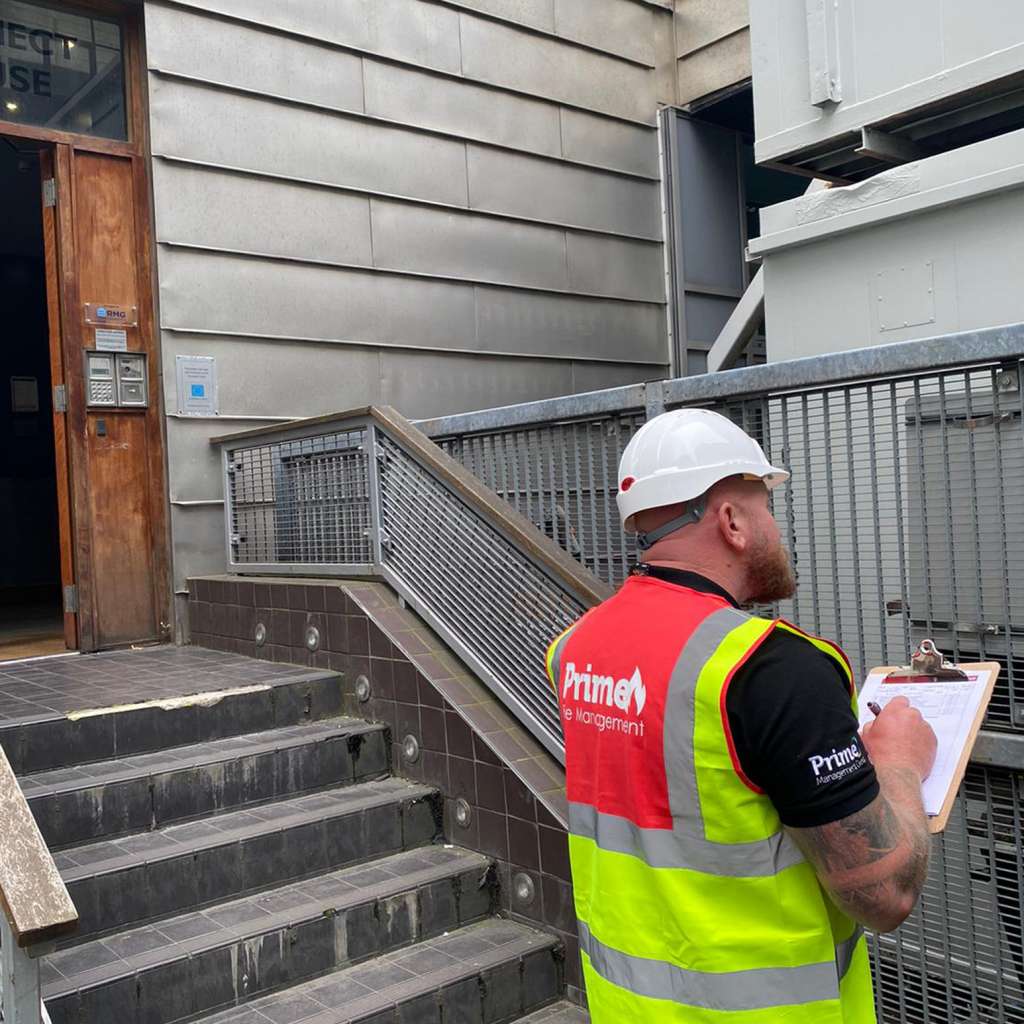Fire safety options for high-rise buildings
July 10, 2022

No matter where you live, it is essential that you have an effective fire detection system in place, but for those in high-risk high-rise buildings, the stakes are even higher.
Since the Grenfell Tower tragedy in 2017, there has been an increased awareness of unsafe cladding on high-rise buildings across the UK, and it has been a legal requirement for such buildings to put additional fire safety measures in place until the cladding is removed or replaced.
Unfortunately, pledges made to fireproof high-rise buildings have failed to materialise, meaning that residents have been forced to pay for and live with what were once meant to be temporary measures for several years.
This article will outline the options that are available to residents in such situations helping you find the most cost-effective option whilst maximising the safety of you and your family.
What choices do residents have?
Government regulations mean that if your building has been found to have similar cladding to that of the Grenfell Tower, or any other characteristics that significantly increase the risk of fires, you must temporarily adopt a simultaneous evacuation approach to alerts, as opposed to the stay put advice that was previously in place.
In order to facilitate effective rapid evacuation, early detection is essential, and it is a legal requirement for qualifying buildings to have a system in place, alerting residents immediately should there be a fire.
This can either take the form of a common fire alarm system or a waking watch service provided by an expert fire and security firm.
What is waking watch?
Waking watch involves fire marshal officers continually patrolling an entire property looking for any potential fire hazards or signs of an ongoing fire.
These officers will examine every floor of the building and the exterior on a regular basis 24 hours a day, to ensure that if an emergency situation were to arise, residents would be alerted as quickly as possible, and evacuation can take place.
In the event of a fire, it is the responsibility of a waking watch officer to supervise the evacuation, contact the emergency services, and liaise with the fire service once they arrive.
What are the problems with waking watch?
Waking watch was only ever introduced as a temporary measure aimed at protecting buildings with dangerous cladding until it could be replaced.
However, a lack of action has meant that many residents have found themselves paying for the costly service for several years now.
This has created a significant additional expense that combined with huge increases in living costs and service charges has put serious financial pressure on residents who have had no choice but to pay in order to protect themselves and their loved ones.
Rather than wait an indeterminable number of years paying for waking watch in the hope that one day construction work will finally take place to fire-proof your building, it is recommended that you instead opt to install a common fire alarm system.
Fire Alarm Systems
If it is estimated that it will take 12 months or longer to have the cladding on your building replaced, it is essential that you install a common integrated fire alarm to protect your building without having to pay a large monthly fee for waking watch services.
Just some of the benefits of having a wireless fire alarm system installed in your property include:
- Constant monitoring – unlike a fire marshal, burglar alarm systems will be able to constantly monitor every single inch of a property for any signs of fire 24 hours a day.
- No cables – With a wireless alarm system there is no need for an invasive installation involving wires being put into wall cavities, limiting the disruption faced by residents.
- Easy access – Each sensor in an integrated fire alarm system can be monitored and accessed from a central control panel, allowing the fire services to quickly identify the source and attend to the incident.
- Low ongoing costs – The only major cost associated with a fire alarm system is the installation and once in place there will be very limited ongoing maintenance required, meaning the monthly cost of fire safety will fall dramatically for everyone in the building.
Additional Funding
In an attempt to take some of the financial burden away from residents, the Government has introduced a £30 million waking watch relief fund, designed to fund the installation of an alarm system in high-rise properties with unsafe cladding.
If successful in applying for such funding, a fire alarm will be an even better financial option and with all or part of the installation cost covered, you will begin to see much larger savings immediately after your waking watch service is replaced.


